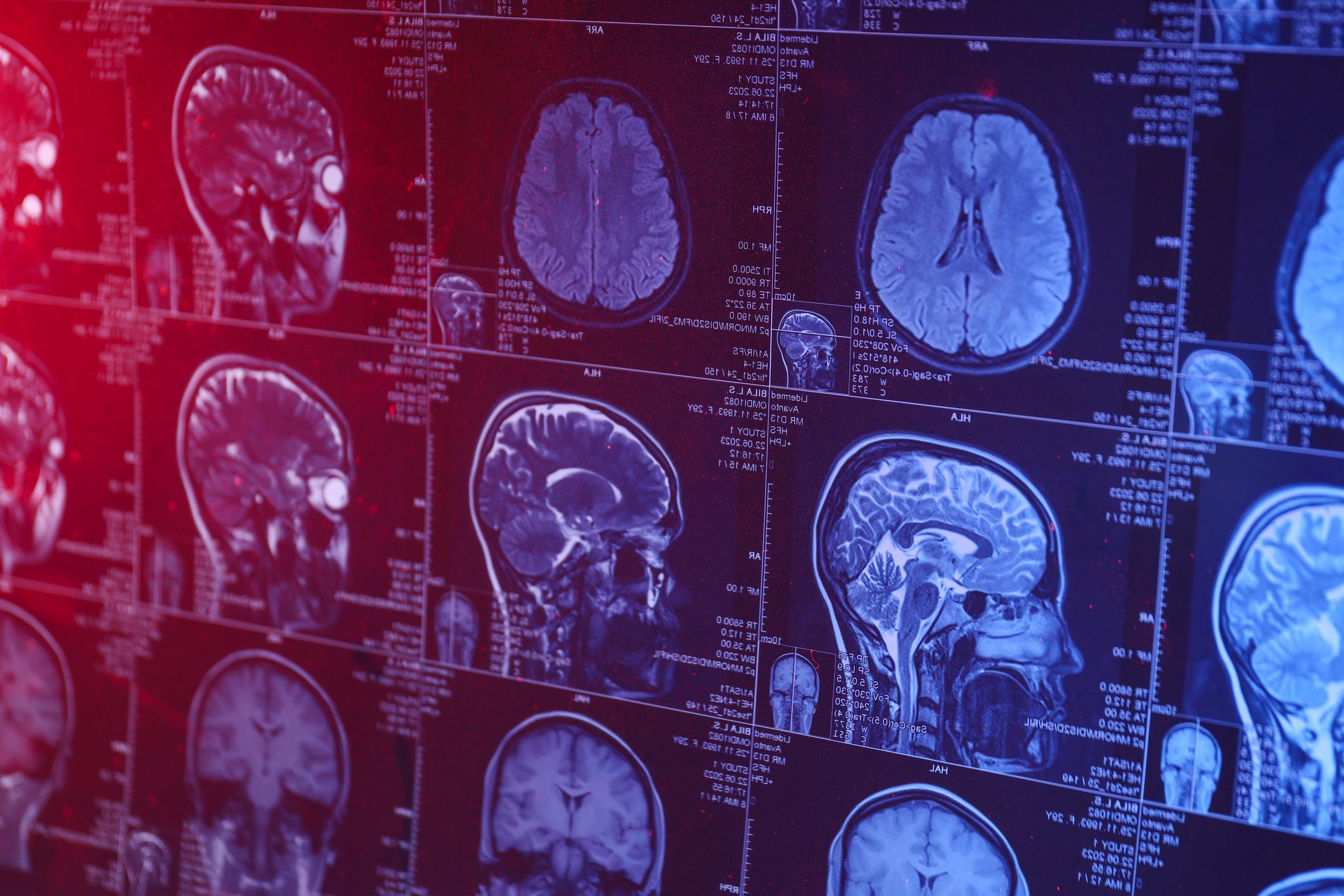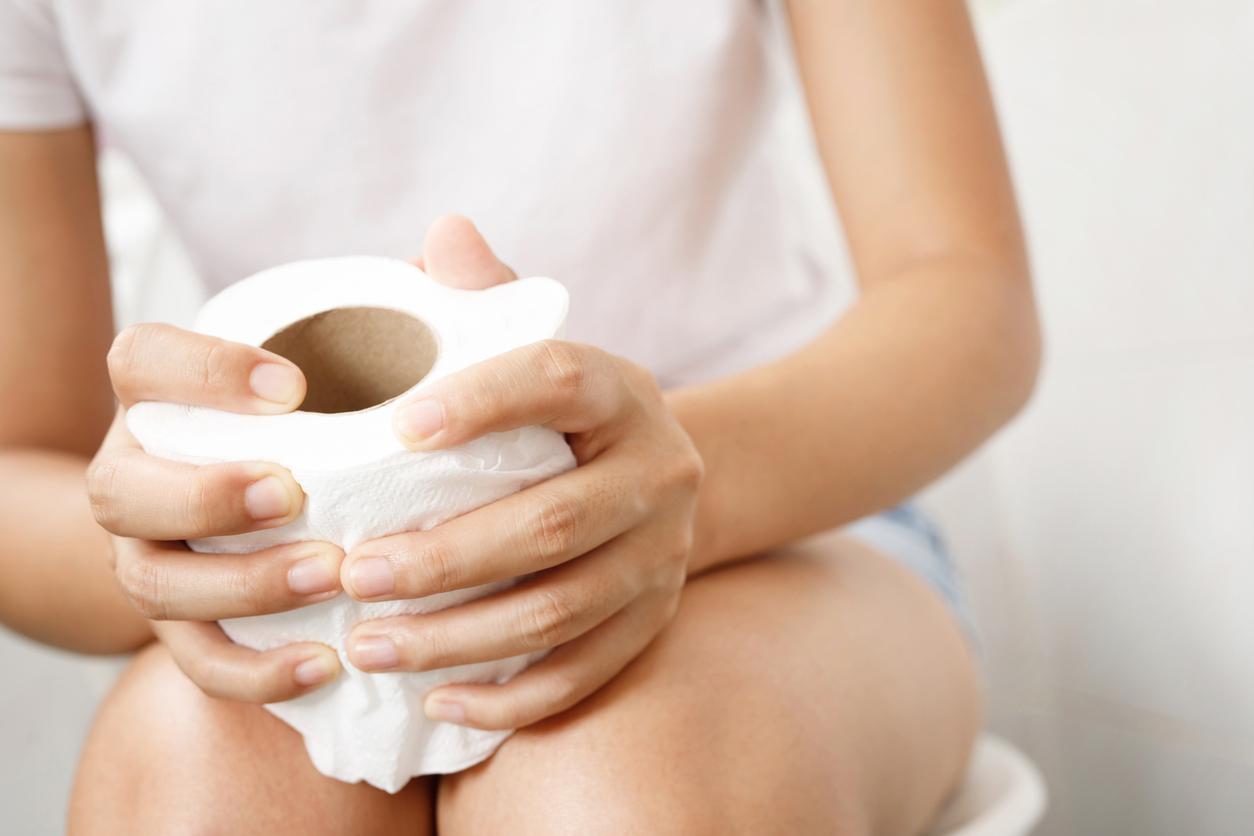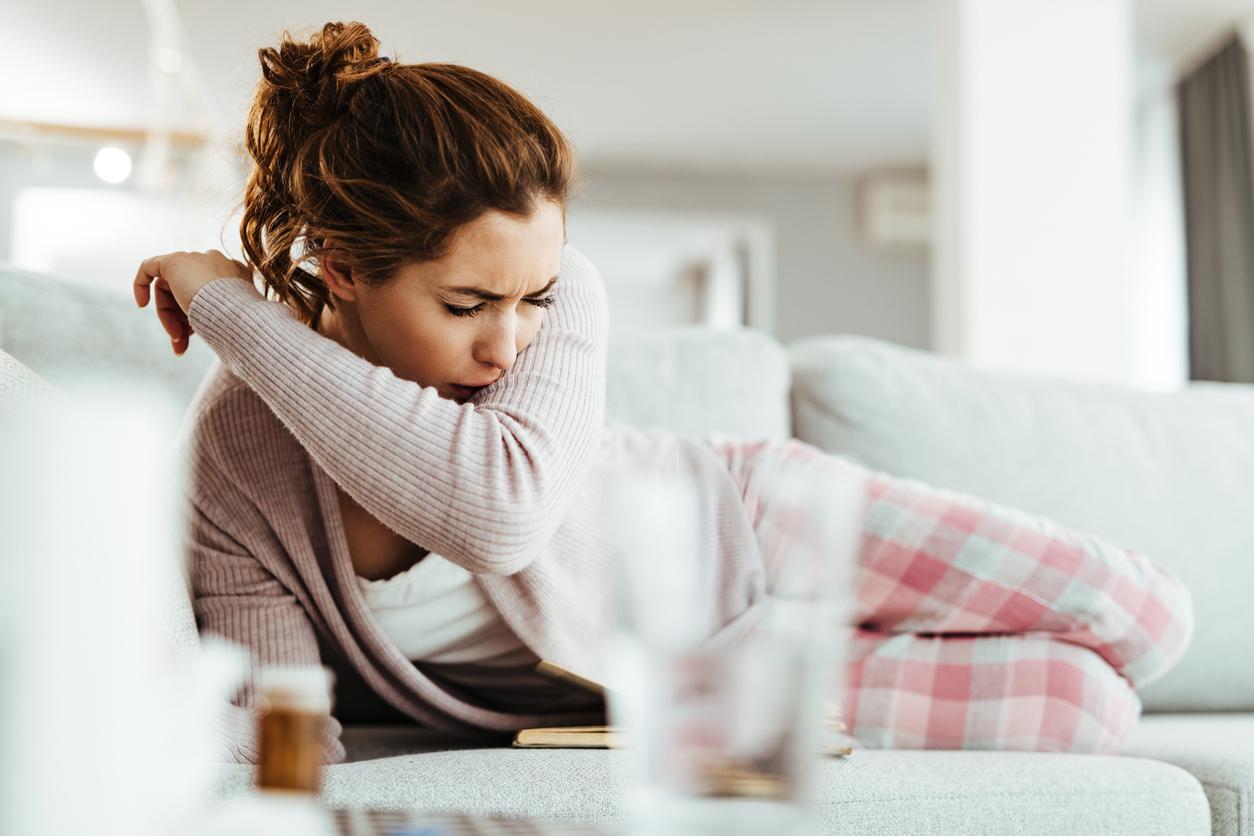Arlette: I’m coming to see you, Doctor, because I think I have to stop taking care of myself. The burns start again, it doesn’t go at all anymore…
Dr Pierrat: So what’s happening to you?
Arlette: It’s been three times, in a short time, that I’ve had severe urinary burns. Each time, it’s the same: it lasts two or three days, then it passes. But the problem is that it keeps coming back.
Dr Pierrat: What are you doing to get rid of it?
Arlette: I start drinking a lot more than usual, because I tell myself that the microbes must be diluted…
Dr Pierrat: You’re right, it’s good, but it’s not always enough. Have you ever had your urine tested at this time?
Arlette: No, never, but you know, these troubles are recent for me. I know that some women often face this concern. But me, when I was younger, I never had this problem.
Dr Pierrat: The causes of urinary tract infections are diverse. When you are young, it is often an individual fragility, sometimes linked to small anatomical characteristics. It is therefore not uncommon for the burns to appear after sexual intercourse. Is it your case this time around?
Arlette: Yes, but last time it wasn’t. I really don’t understand what’s going on…
Dr Pierrat: It is quite possible that the cause is hormonal. Let me explain. The decrease and then the cessation of estrogen secretion when the menopause sets in lead to a less good trophicity of the tissues of the vulvovaginal region, which can have an impact on the risk of urinary tract infection.
Arlette: What can I do to improve things?
Dr Pierrat: I’m going to send you for a urine test (ECBU) to the lab to see if there are any germs, and what antibiotics can get rid of them.
Arlette: I can’t take the minute antibiotic, then. I was told it worked great.
Dr Pierrat: Maybe so, but since you’ve been bothered many times, I prefer to be sure that fosfomycin is effective in your case. In the meantime, keep drinking plenty.
Arlette: But anyway, if you say menopause is to blame, it’s still going to come back.
Dr Pierrat: It is not uncommon, in fact, for women to have more urinary tract infections at the time of – and especially after – menopause. But taking regular hormonal treatment, at least local (eggs), greatly reduces the risk. You can also take a cranberry-based food supplement. These small berries are known to have interesting virtues to fight urinary tract infections. But again, that is not necessarily enough. First, we will see what the ECBU says. And if an antibiotic is needed.
What to know about urinary tract infections
UTIs are more common in women, due to their anatomy. It is most often cystitis, that is, inflammation or infection of the bladder. It is manifested by burning during urination and by a frequent desire to urinate.
Often involved, but not only, the bacterium Escherichia coli. This is why it is advisable to carry out a urine test in the event of a recurrence. Otherwise, a single dose of an appropriate antibiotic (fosfomycin) is sufficient. In addition to good hydration, we advise, in prevention, to fight against constipation, to urinate after sexual intercourse, and possibly, to take cranberry-based food supplements.
OTHER CONSULTATIONS WITH THE MEDICAL ADVISOR
- Doctor, I have unusual discharge
- Doctor, it stings in my throat
- Doctor, my neck hurts
- Doctor, I have palpitations, what to do
- Doctor, my ear hurts
- Doctor, my foot hurts
- Doctor, I have bad breath
- Doctor, my head is spinning
- Doctor, my chest hurts when I walk
- Doctor, I’m running out of breath fast
- Doctor, my fingers are still frozen
- Doctor, I had blood in my urine
- Doctor I have ringing in my ears
- Doctor, I have a lump in my groin
- Doctor, what are these red patches on the neck?
- Doctor, I often feel nauseous
- Doctor, I still have hot flashes
- Doctor, my leg hurts
Read also :
Cystitis: 4 grandmother’s remedies to relieve them
Blood in the urine: when to consult?
Bladder: how to take care of it on a daily basis?

















